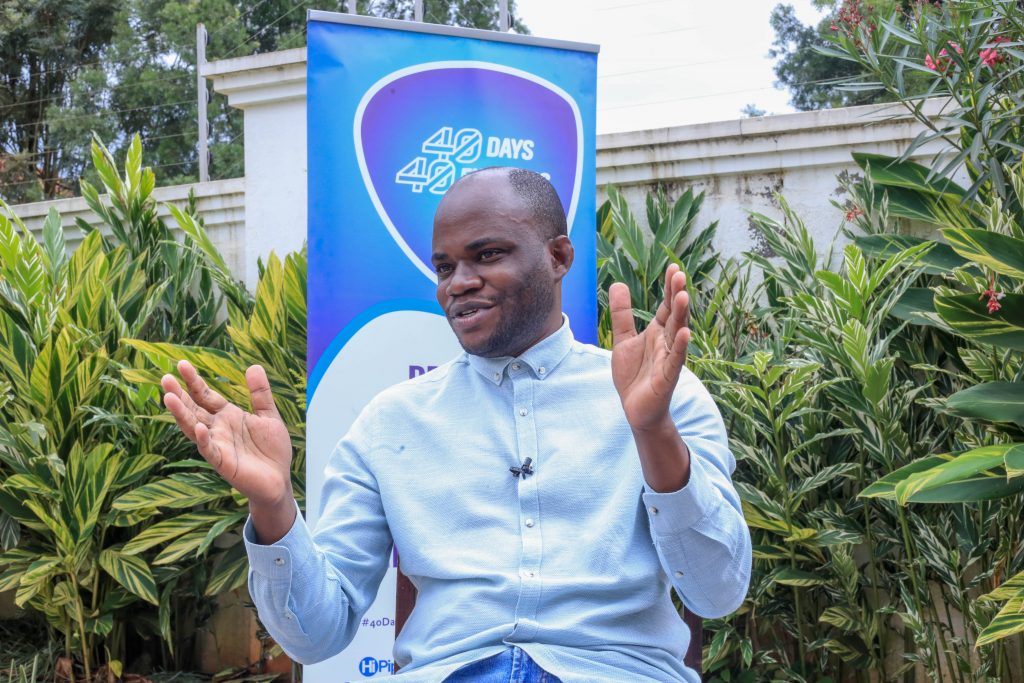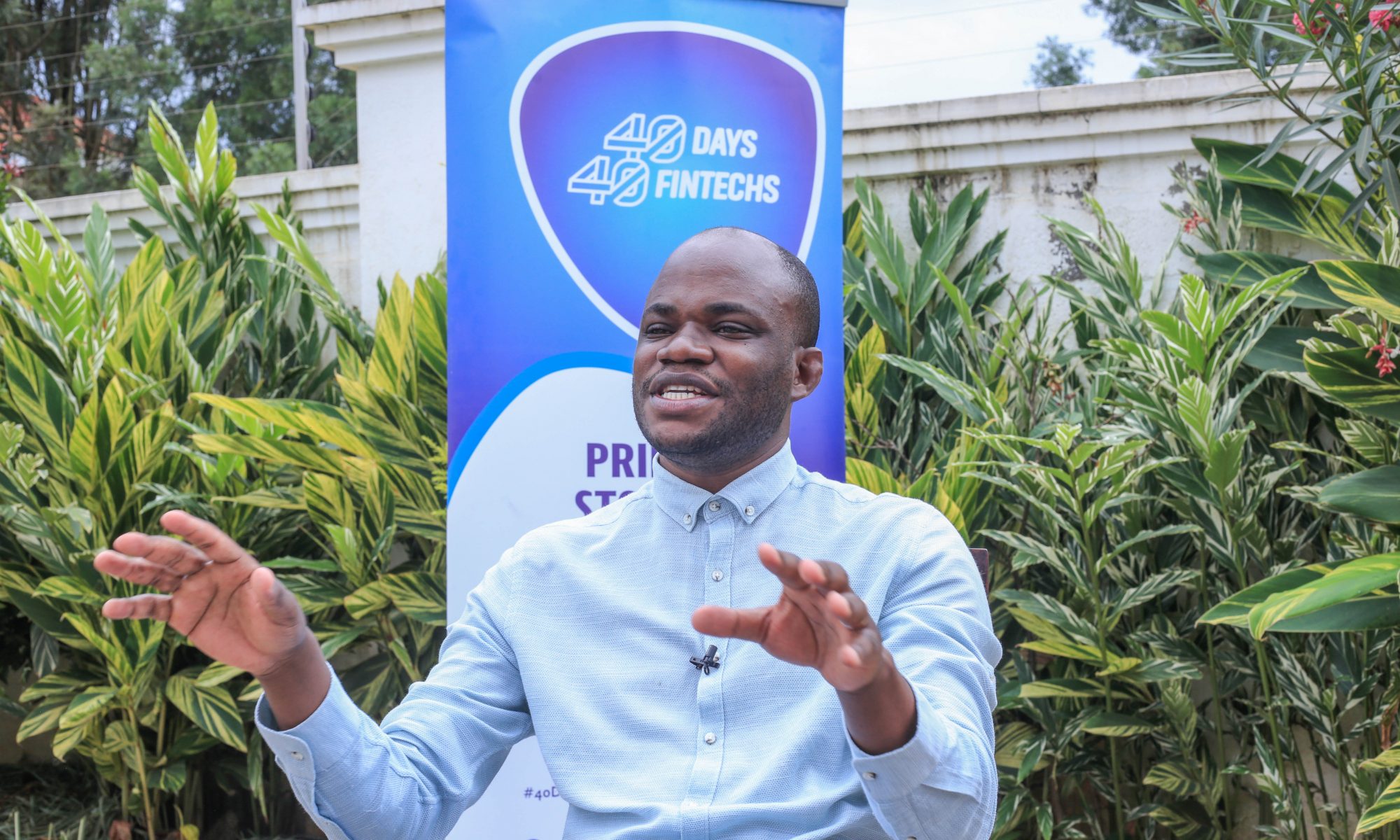By Our writer
It has been widely documented that cash is one of the channels through which COVID-19 spreads.
While most parents are used to giving their children pocket money in cash, this, given the current pandemic, greatly exposes them to the virus.
In a bid to tame this, however, Pebuu Limited, a Financial Technology Company (FinTech) innovated the Pebuu School Product that has seen cash pocket money replaced with an electronic wallet.
The product, according to John Paul Semyalo, the company’s Chief Executive Officer, has been piloted in a number of schools and is working well.
“This is a post COVID-19 innovation because students will no longer be open to cash; they can now use their wallet which can be in form of their thumb print or a unique number,” Semyalo says, adding that it will help create a cashless environment in schools.
Pebuu, which is a women-centric brand, uses agents, who are spread across the country, to serve its customers.
Semyalo notes that the firm, which trades as Pebuu Africa, currently has 2,400 merchants countrywide, with 80% of them using Point-Of-Sale (POS) machines while 20% use a mobile App on their smartphones.
Pebuu partnered with telecommunications companies – MTN, Airtel, Africell and Uganda Telecom Limited (UTL) to distribute their products – mobile money, airtime, data, Over the Top Tax and other services, through its payment platform.
The FinTech started off with four agents five years ago, carrying only airtime as telecoms were at first adamant to on-boarding any FinTech for mobile money and the other services.
It is also partnering with banks, with three of them – Stanbic, GT Bank and Centenary, already on board, according to Semyalo, who adds that they are in advance stages of on-boarding other banks on to the platform.
“When you visit a Pebuu agent, you are able to cash-in or cash-out mobile money, pay your bills or do banking at the lowest cost possible,” Semyalo says.
Pebuu, which is among the firms taking part in the second edition of the 40-Days 40-FinTechs initiative, also has a Pebuu Care product, a micro credit solution that focuses on women and youth.
The product enables agents to borrow money in real time and pay back the loan in 24 hours or 30 days.
Commenting about the 40 Days 40 FinTechs, Semyalo said: “It is a great initiative; it brings together the different FinTechs to share ideas and the one unique thing is that it opens up the Ugandan FinTechs to the global space. Through this initiative, local FinTechs are promoted globally, which creates visibility for us so that when we decide to go out there and look for global partnership, in form of grants, equity or low interest financing, it becomes easy.”

The 40-Days 40-FinTechs initiative is organised by HiPipo in partnership with Crosslake Technologies, ModusBox and Mojaloop Foundation, and sponsored by the Gates Foundation.
The initiative provides a platform for FinTechs and stakeholders in the digital and financial technology space to exhibit their products and share ideas.
Semyalo also notes that the firm uses Level One Project principles such as Know-Your-Customer (KYC) and real time settlement, which he says are key for competitiveness.
He explains that when on-boarding agents, the FinTech relies on KYC from telecoms or banks as every agent is required to have either a registered mobile phone number or that of the company’s director or a bank account.
The HiPipo Chief Executive Officer Innocent Kawooya notes that the 40-Days 40-FinTech project seeks to boost the African FinTech ecosystem to enable innovators enjoy sustainable profitability to help them design and deploy affordable and inclusive financial services for the poor.
He alludes that FinTech in Africa offers attractive opportunities and that investors are rightfully picking interest in the various startups that are offering a plethora of services, ranging from payments and lending, remittances, cross-border transfers and neobanks, among others.
“Each of these services solves unique sets of challenges. That is why we have this initiative because we want to contribute towards solving the unique challenges that the everyday person faces.”
Challenges
However, Semyalo notes that while the FinTech space in Uganda has evolved over the last five years, it is still quite hard and tough as most FinTechs are still grappling with liquidity challenges.
“For you to survive in the FinTech space, you must have liquidity; you must be aggressive, must be frugal, daring and brave,” he says, adding that those that will benefit are only those that will be resilient to celebrate their 10th birthday.

